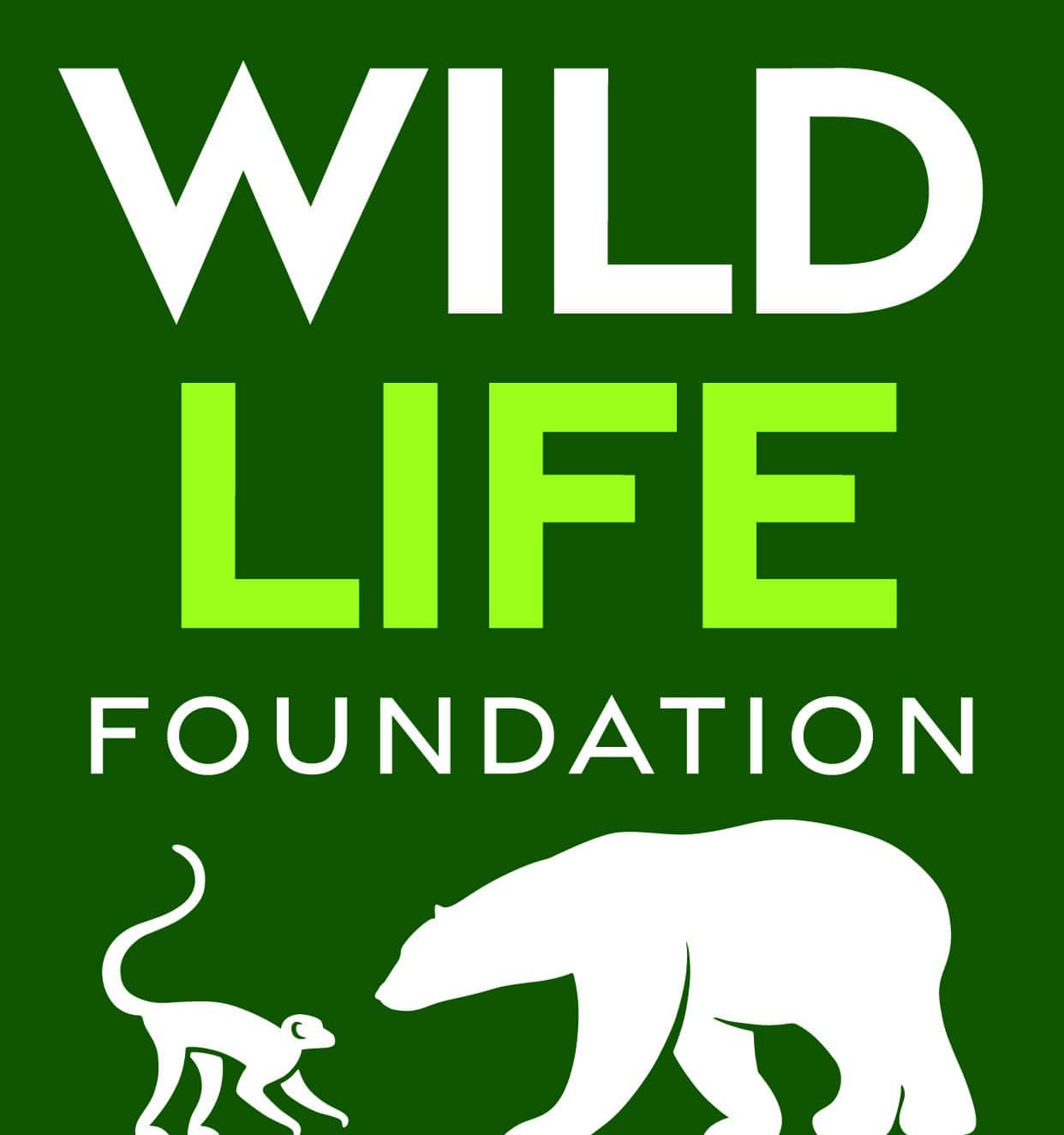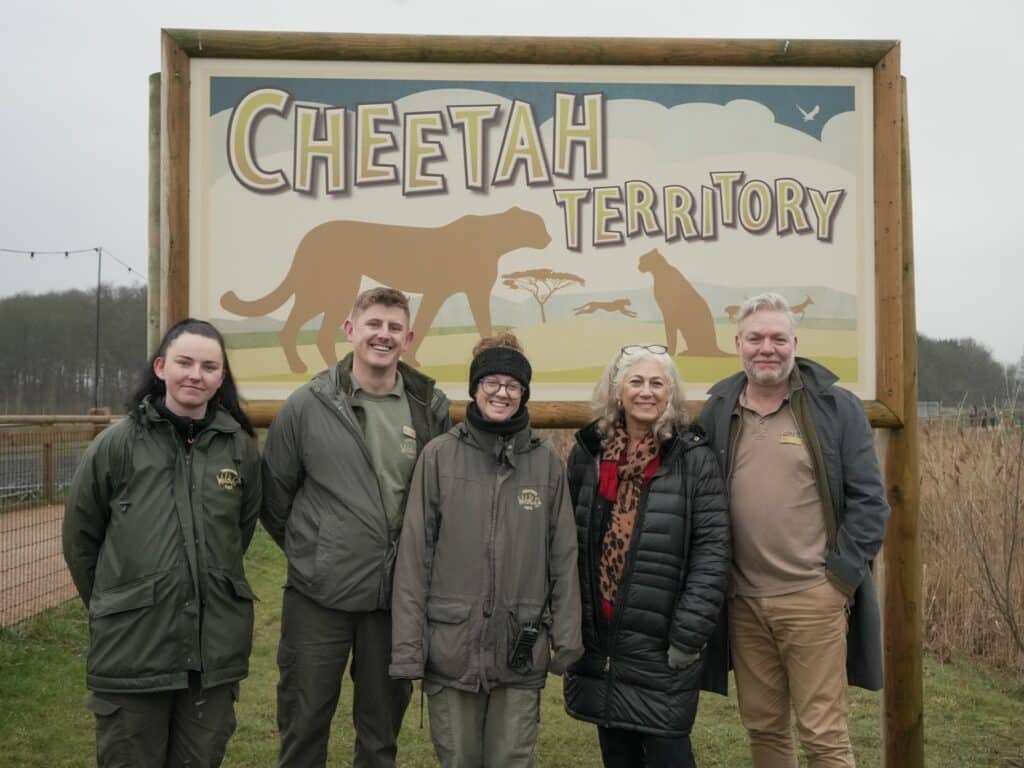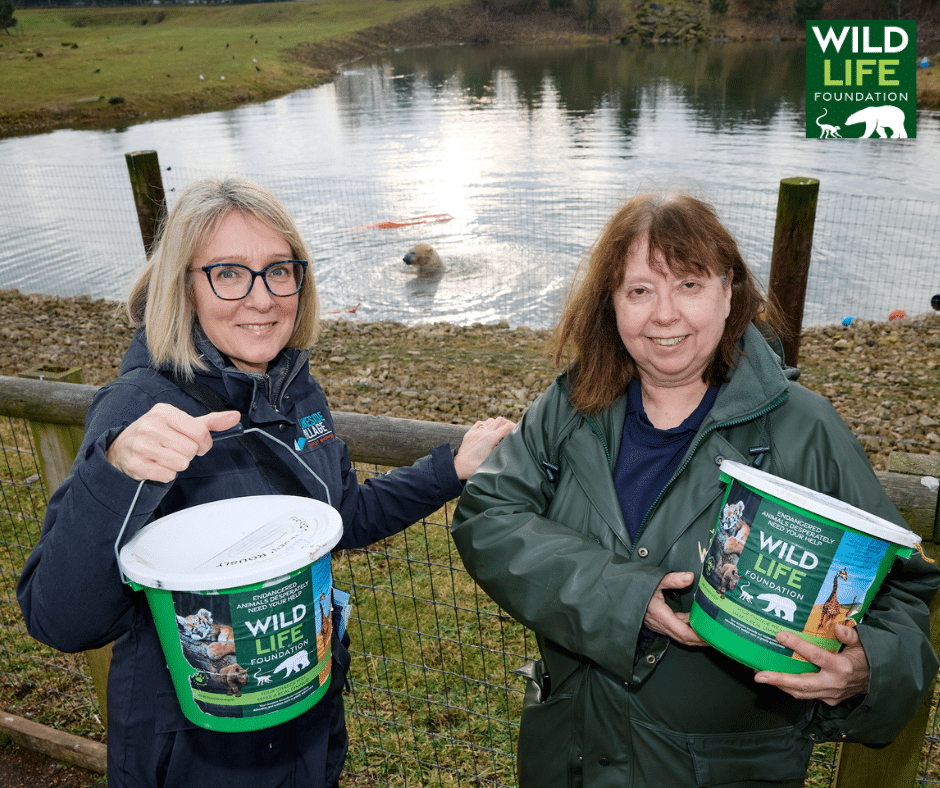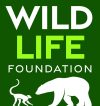Lions
Where it all began
Number left in the wild
23000
% of populations in decline
75%
Population decline in the last 2 decades
43%
Known as the King of the Jungle, lions need a LOT of food to keep them going, eating up to 40kg of meat in a single meal – around a quarter of their body weight. With large paws, there’s no need for table manners, lions use their tongues which have sharp pointed rasps called papillae to scrape the meat off the bones.
They’re clever too – choosing to hunt at night or during storms as the noise and wind make it harder for their prey to see and hear them. Like a game of netball, when hunting, each lioness has a specific role, some taking the position of ‘centre’ whilst other choosing the role of ‘wing’.
Lions hold a very special place in the heart of WildLife Foundation as they were the first animal welfare project undertaken over a decade ago!
They’re clever too – choosing to hunt at night or during storms as the noise and wind make it harder for their prey to see and hear them. Like a game of netball, when hunting, each lioness has a specific role, some taking the position of ‘centre’ whilst other choosing the role of ‘wing’.
Lions hold a very special place in the heart of WildLife Foundation as they were the first animal welfare project undertaken over a decade ago!

Threats
Human conflict:
Lions can come to blows with humans when they can’t find their natural prey and resort to attacking livestock.Wildlife trade:
Lion bone has recently become a substitute for tiger bone in alternative medicine.Loss of habitat:
Loss of habitat due to human activity has left lion populations fragmented and isolated.Loss of prey
Lions’ prey are losing their habitat too! This is causing numbers to dip so lions can’t find enough to eat.Working with
Lions
WildLife Foundation work to protect the King of the Jungle.
Sera Wildlife Conservancy
We have provided a 3-year grant to Fauna and Flora International to be used at their Sera Wildlife Conservancy in Kenya. The grant was used to take care of the habitat of the animals that live there, which include Lions. As part of their project, they put in place a strategy to manage the conservancy over the next 10 years.
Sera Wildlife Conservancy
We have provided a 3-year grant to Fauna and Flora International to be used at their Sera Wildlife Conservancy in Kenya. The grant was used to take care of the habitat of the animals that live there, which include Lions. As part of their project, they put in place a strategy to manage the conservancy over the next 10 years. Facts
An adult male’s roar can be heard up to 8km away (so no need for a microphone!)
They are called ‘King of the Jungle’ but most lions actually live in the savanna or grasslands.
Lions run at a speed of up to 81kmph, that’s almost double Usain Bolt’s record speed!
They are called ‘King of the Jungle’ but most lions actually live in the savanna or grasslands.
Lions run at a speed of up to 81kmph, that’s almost double Usain Bolt’s record speed!
Seven Worlds, One Planet
We have worked with Fauna and Flora International in Kenya, Africa.









